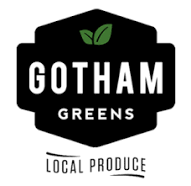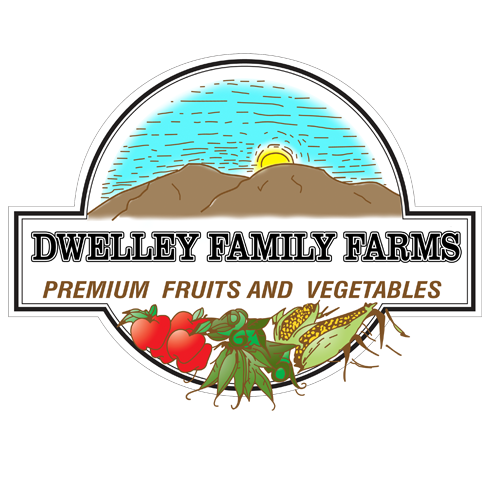In a warehouse outside Phoenix, thousands of herbs and vegetables are growing in robot-powered bins, moving smoothly through a towering, Rubik's cube-like grid.
This is Opollo Farm: a fully automated vertical farming system built by AutoStore and OnePointOne. Robots move crops through a precision-controlled environment, adjusting their position to deliver the perfect balance of water and nutrients. The result? Harvest-ready greens in just 15 days, about half the time of traditional farming, and grown just miles from where they're consumed, according to a news release.
Opollo Farm is designed to tackle some of the biggest challenges in agriculture today: labor shortages, supply chain disruptions, water scarcity and the demand for fresher, locally grown food. The system is already up and running, supplying leafy greens and herbs to Whole Foods Market stores in the Phoenix area under the Willo brand.
“At Whole Foods Market, we're constantly exploring new ways to bring fresh, sustainable food to our customers,” said Chris Petroulakis, category merchant for produce of Whole Foods Market. “Opollo Farm is a perfect example of how advanced technology can revolutionize local agriculture, helping to deliver high-quality, locally grown produce right to our stores faster and fresher than ever before.”
Inside Opollo Farm
Plants are seeded automatically, AutoStore says, then immediately transferred to the grid for germination. Throughout their life, the plants move locations to receive optimal environmental conditions.
The Opollo Farm is a fully integrated vertical farming platform that combines automation, lighting, irrigation and climate control to create the perfect growing environment, the release said. Robots travel along the top of the cubic-storage grid to manage watering, while advanced software continuously monitors each plant's status and adjusts conditions in real time.
AutoStore says unlike traditional farms, the Opollo Farm operates entirely indoors, providing complete control over the plants' environment. Its compact, automated design allows it to be placed close to urban centers or co-located with distribution hubs, maximizing floor space and minimizing food miles.

When plants are ready to harvest, the robots bring each bin to the “port”; the single entry/exit point for the grid, optimizing labor usage. These dynamic movements are at the heart of AutoStore's technology, making farming faster, smarter and more efficient, the release said. Automation enables Opollo Farm to operate efficiently around the clock, delivering consistent, high-quality harvests year round.
“Opollo Farm shows what's possible when proven automation meets global challenges like food supply resilience and sustainability,” said Parth Joshi, chief product officer for AutoStore. “Our work with OnePointOne highlights the versatility of AutoStore, moving and storing goods for everyone, everywhere, across diverse industries and use cases. From order fulfillment for leading brands to scaling urban farming, we're enabling smarter, more resilient solutions.”
“Traditional farming consumes vast amounts of water and land — resources that are becoming scarce,” said Sam Bertram, CEO of OnePointOne. “With AutoStore's modular robotics and our plant-production technology, we can grow food almost anywhere using a fraction of those resources. This collaboration helps overcome the cost and scalability challenges of vertical farming, finally making locally grown produce — the No. 1 priority for U.S. consumers — possible even in urban areas.”
How Opollo Farm works:
- Hydroponic growing system: Plants are grown in bins within a closed-loop system where water is recirculated, radically reducing water consumption.
- High-density cultivation: Plants are grown at the highest possible density, enabling farms to be built inside existing distribution centers — eliminating the 2,000 mile average journey from the farm to distribution center.
- Automated plant movement: Powered by AutoStore's cube storage system, plants move autonomously throughout the facility. Each bin enters and exits the grid through a single port, dramatically reducing labor requirements.
- Scalable architecture: Whether operating at small or large scale, Opollo Farm delivers consistent performance and can be expanded seamlessly to meet growing demand.
- Controlled environment: The fully enclosed system protects crops from pests and contamination, eliminating the need for pesticides.
- Local supply chain: Proximity to urban centers allows for shorter supply chains and reduced transportation emissions.
Looking ahead
With a shared ambition to reimagine how fresh produce is grown and delivered in cities, AutoStore and OnePointOne are piloting the Opollo Farm, which is already producing fresh greens and herbs without the use of pesticides with plans to scale and explore new crop varieties. While not yet commercially available, the companies are evaluating opportunities to scale the system in urban environments, AutoStore says.



















